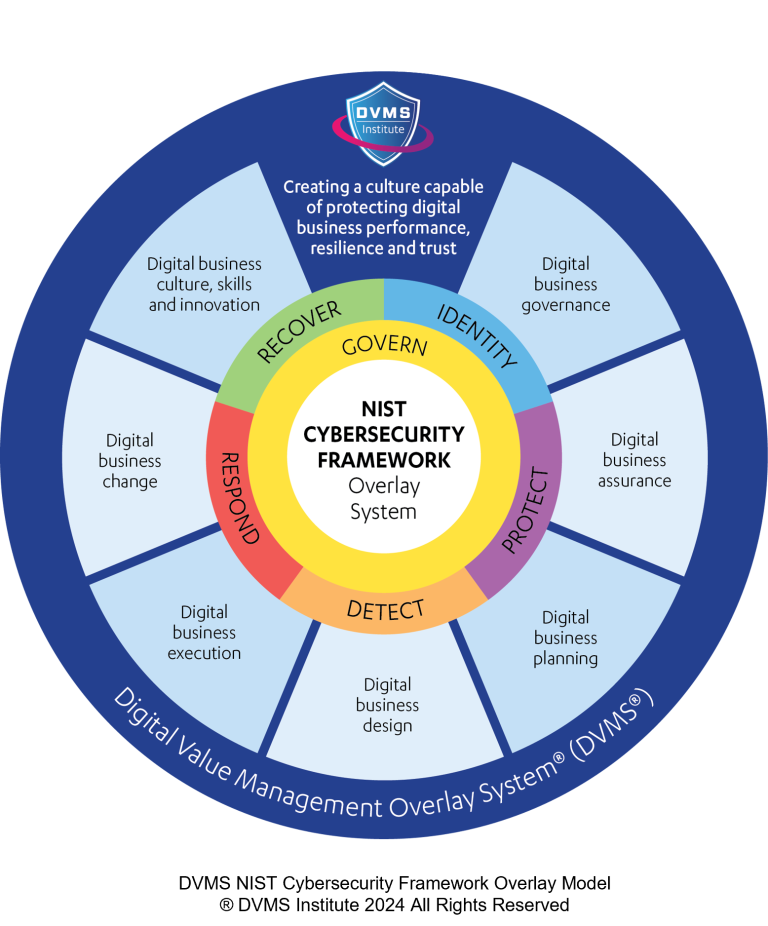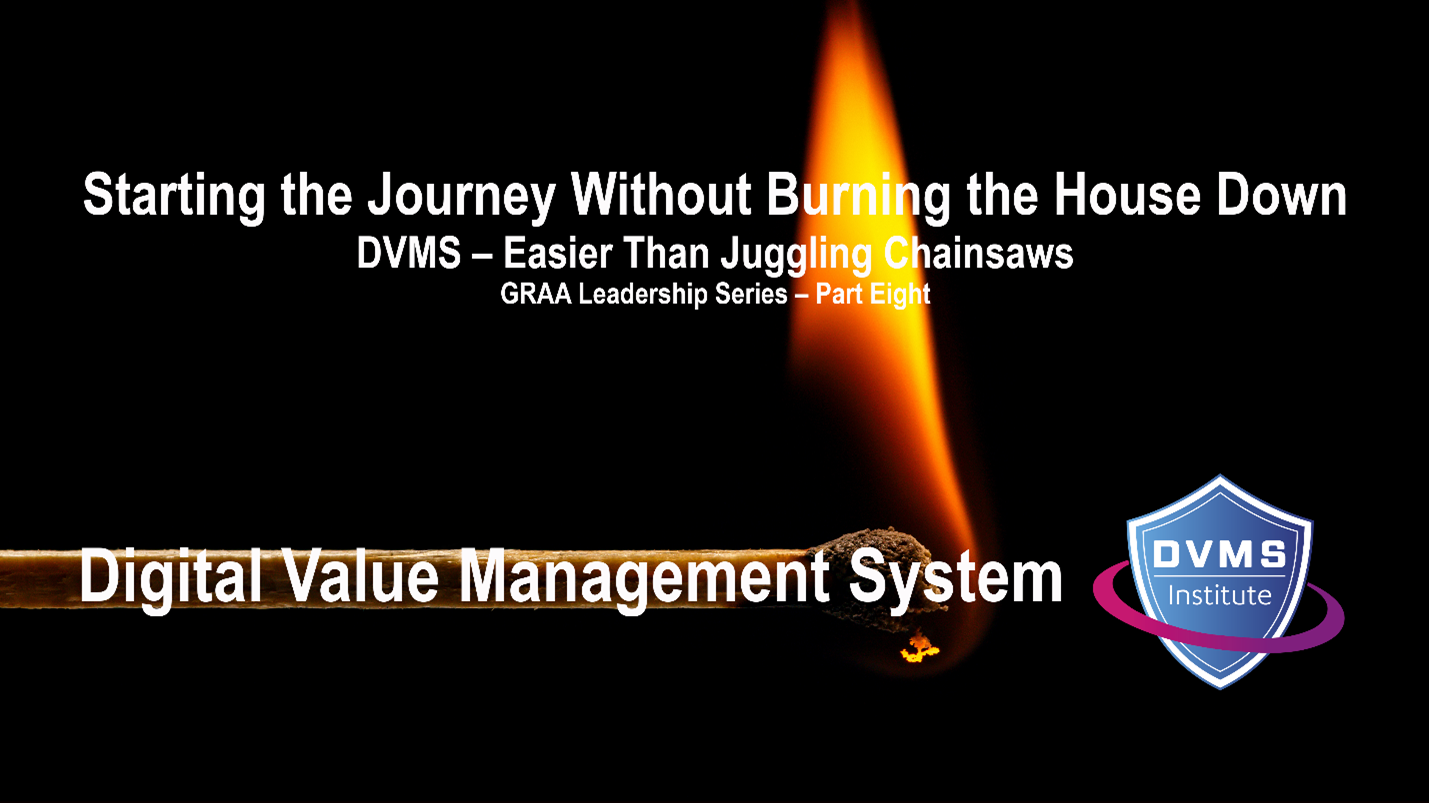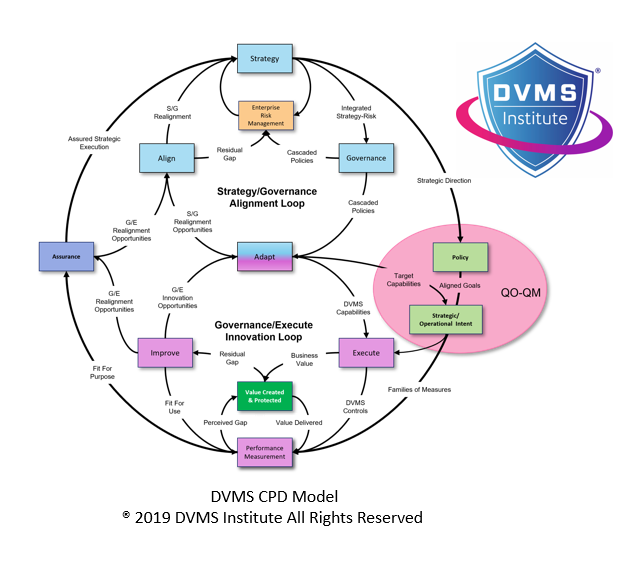Business Relationship Managers: The Bridge To Cyber Risk Management
Rick Lemieux – Co-Founder and Chief Product Officer of the DVMS Institute
Business Relationship Management (BRM) professionals, traditionally focused on aligning IT with business objectives, play an increasingly critical role in cybersecurity risk management. Their unique position as a bridge between the business and IT functions makes them invaluable in fostering a shared understanding of security risks and implementing effective mitigation strategies.
At the heart of BRM’s contribution to cybersecurity is the ability to translate complex technical concepts into clear business language. By understanding the business’s strategic goals and risk tolerance, BRM professionals can effectively communicate the potential impact of cyber threats and the importance of robust security measures. This facilitates buy-in from senior leadership and ensures that cybersecurity initiatives are aligned with overall business objectives.
BRM professionals are adept at building and maintaining relationships with key organizational stakeholders. This enables them to identify and address cybersecurity concerns at their source. By fostering open communication and collaboration, BRM can help break down silos and create a shared sense of responsibility for security.
A crucial aspect of BRM’s role is to ensure that cybersecurity initiatives deliver tangible business value. By measuring and communicating the return on investment (ROI) of security measures, BRM professionals can secure ongoing support for cybersecurity programs. They can also demonstrate how security can enable business growth and innovation by mitigating risks and protecting critical assets.
BRM professionals are often involved in evaluating and selecting technology solutions. Their understanding of business needs and constraints allows them to assess the security implications of different options. By working closely with IT and security teams, BRM can ensure that technology choices align with business and security requirements.
In addition to their role in strategic planning, BRM professionals contribute to the operational aspects of cybersecurity risk management. They can facilitate the development of incident response plans by ensuring that business continuity and recovery plans are aligned with security objectives. By understanding the impact of a cyber incident on business operations, BRM professionals can help prioritize response and recovery efforts.
Furthermore, BRM can play a vital role in managing cybersecurity change. By communicating the rationale for security initiatives and addressing employee concerns, BRM can help minimize resistance and ensure a smooth transition to new security measures.
Business relationship management is critical to a comprehensive cybersecurity risk management program. By bridging the gap between business and IT, BRM professionals foster a security culture, ensure alignment with business objectives, and drive successful implementation of security initiatives. Their ability to build relationships, communicate effectively, and demonstrate business value makes them invaluable assets in protecting the organization from cyber threats.
As the threat landscape continues to evolve, the role of BRM in cybersecurity will become increasingly important. By investing in the development of BRM capabilities, organizations can strengthen their overall security posture and achieve their business goals.
About the Author

Rick Lemieux
Co-Founder and Chief Product Officer of the DVMS Institute
The DVMS Institute teaches organizations of any size, scale, or complexity an affordable approach to mitigating cyber risk to protect digital business performance, resilience, and trust.
Rick has 40+ years of passion and experience creating solutions to give organizations a competitive edge in their service markets. In 2015, Rick was identified as one of the top five IT Entrepreneurs in the State of Rhode Island by the TECH 10 awards for developing innovative training and mentoring solutions for boards, senior executives, and operational stakeholders.
® DVMS Institute 2024 All Rights Reserved




